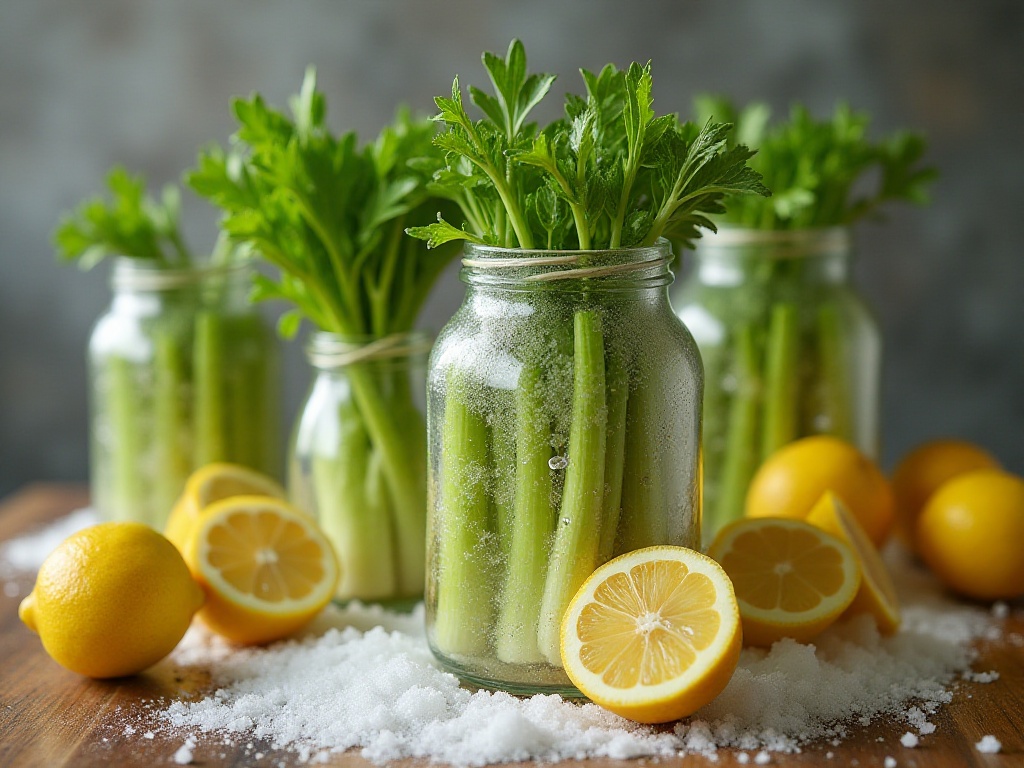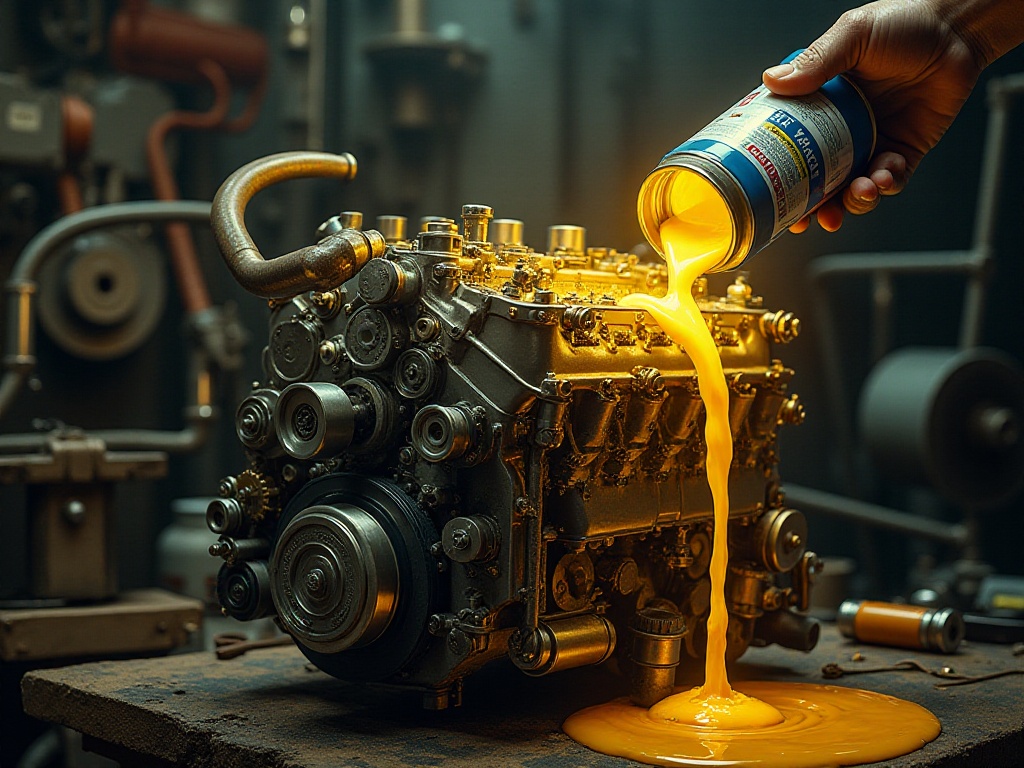Travel Packing
Space Magic
One of the biggest challenges during travel is how to fit everything you might need into a limited suitcase. Have you ever thought that your suitcase could be like a magic box, fitting all your essentials? With some packing tricks, you really can double your space.
First, let's talk about how to maximize space usage. A very practical method is the "rolling packing method." I find this technique extremely useful for both short and long trips. Traditional folding takes up a lot of space and easily creates wrinkles. With the rolling method, you just need to roll up clothes like Japanese sushi, tightly rolled into bundles. This method can save 30% space - have you heard of this ratio? 30%! This means you can bring more clothes or take more souvenirs home.
However, the rolling method isn't just about saving space. Imagine being on a beautiful island vacation, opening your suitcase to find neatly organized clothes without wrinkles - wouldn't that be satisfying? This method also keeps your suitcase looking neat and organized, preventing clothes from getting messy due to compression.
Of course, the rolling method isn't perfect for everything. For items that wrinkle easily, like suits and silk shirts, it's better to use hangers or special travel hangers to keep them in the best condition during travel. Also, if you're bringing many shoes, place them at the bottom of the suitcase and stuff socks or underwear inside them to both utilize space and maintain their shape.
Clothing Freshness
Beyond space, keeping clothes fresh during travel is another major concern. No one wants to wear wrinkled clothes when going out, right? Here's a simple but effective tip: wrap clothes in plastic bags when packing, especially those prone to wrinkling. Why? Because plastic bags block air and reduce friction between clothes, making them less likely to wrinkle.
Of course, wrapping clothes in plastic bags has another benefit - preventing clothes from absorbing other items' odors. For instance, if you have freshly bought coffee beans or spices in your suitcase, wrapping clothes can prevent these scents from permeating them.
Another method is placing desiccants or soap bars in your suitcase. Soap not only removes odors but keeps clothes fresh. Trust me, opening your suitcase at your destination to smell a light soap fragrance instead of sweat is wonderful. Imagine arriving in a strange city, opening your suitcase, and finding your clothes with a familiar fragrance that instantly makes you feel relaxed and comfortable.
Additionally, if you're bringing items that need to stay dry, like electronic devices or books, use moisture-proof bags. These bags absorb humidity, ensuring your items stay dry during travel. Another tip is placing lemon slices in your suitcase, which both absorb odors and prevent clothes from getting moldy.
Home Organization
Creative Usage
When it comes to home organization, we often overlook treasures right beside us. There are always idle items at home that can transform into super practical organizational tools.
For example, the space under kitchen sinks is often used to pile up miscellaneous items, making it messy. You can use a tension rod across the space under the sink to hang cleaning supplies. Isn't that clever? It not only saves space but makes cleaning supplies easily visible. Think about it - you no longer need to dig through clutter to find cleaners; all tools are neatly hung before your eyes, significantly improving efficiency.
Another clever trick is using hooks. Whether on hangers, walls, or behind doors, you can install hooks to hang small items like hats, scarves, and keys. This saves drawer space while making items easy to find. Imagine every morning before leaving, instead of searching through your closet for a scarf, you can simply take it from a hook - how convenient!
Cost Savings
Organizing your home doesn't necessarily require spending big money. Sometimes, just using our minds and common household items can achieve great results.
For example, you can use shoeboxes to store small items. Shoeboxes are cheap and easy to find - label them and place them on shelves or in closets, and they instantly become neat little drawers. They're especially good for accessories, small tools, or cosmetics. Think about it - if you save $5 weekly on storage for these small items, that's $260 a year - quite a significant amount!
Besides shoeboxes, glass jars can store food or miscellaneous items. Glass jars are transparent, making it easy to see contents, and they're reusable - not only environmentally friendly but adding a vintage aesthetic to your home. Foods like flour, sugar, and coffee beans can go directly in glass jars, both beautiful and practical.
Another cost-saving method is using old newspapers or magazines to wrap items. Old newspapers can not only wrap fragile items but also clean glass and mirrors, very eco-friendly. You can even make small storage boxes from old magazines, both practical and uniquely creative.

Time Management

Efficiency Strategies
Time management is a major topic for modern people. In work and life, we often feel time is insufficient and we're constantly busy. How can we improve efficiency and squeeze out more time to do what we like?
I've tried many time management methods, and the most beneficial has been the "Pomodoro Technique." This method's core is dividing work time into 25-minute "pomodoros" with 5-minute breaks between. After one pomodoro, you can choose to continue working or take a 15-minute break. The advantage of this method is it helps you concentrate in short periods, avoiding fatigue and decreased efficiency from long work sessions.
The Pomodoro Technique isn't just about timing; it includes concepts of task breakdown and priority ordering. You can break down daily tasks into multiple 25-minute blocks, rewarding yourself after each block with something small like drinking tea or stretching. This not only improves efficiency but makes work more interesting.

Pomodoro Technique
Though simple, the Pomodoro Technique has scientific principles behind it. First, it utilizes human attention cycles. Research shows human attention is most focused within 20-30 minutes, which the Pomodoro Technique perfectly utilizes. Second, short breaks between pomodoros help the brain recover energy and reduce fatigue. More importantly, this method gives you a clear concept of your work time through definite time divisions, preventing procrastination.
You can set a timer that reminds you to take a break when 25 minutes are up. Such timed reminders help maintain focus and prevent losing track of time due to over-engagement. During breaks, you can walk around, take deep breaths, or rest your eyes for a few minutes to relax your brain.
Additionally, the Pomodoro Technique can combine with other time management tools. For example, you can use list software to record daily tasks, then complete them one by one using the Pomodoro Technique. This not only shows task progress but gives you a sense of achievement after completing each small task.

Food Preservation

Extending Shelf Life
Food preservation is an eternal topic. How can we keep food in the refrigerator longer and reduce waste? Here's a tip: wrap food in aluminum foil. Aluminum foil not only prevents food oxidation but maintains moisture. For example, you can wrap carrots or celery in aluminum foil and refrigerate them - they'll stay fresh for weeks instead of days.
Aluminum foil has another clever use - preventing food odors from mixing in the refrigerator. Wrapping food in aluminum foil before placing it in sealed bags or containers maximally blocks odors. For instance, if you have garlic and tomatoes in the fridge, aluminum foil ensures the garlic smell won't penetrate the tomatoes.

Household Materials
Sometimes, we have unexpected materials at home useful for food preservation. Take honey, for example. Honey has strong antibacterial properties; ancient people used it to preserve food. You can put cut fruit in honey, seal it, and the fruit won't spoil but will acquire honey's sweetness. Imagine opening a small jar on the weekend containing honey-flavored apple slices - wouldn't that be delicious?
Another tip is using vinegar. Vinegar can both pickle food and extend shelf life. Soaking cut vegetables in vinegar water before refrigerating keeps them crisp and fresh. Vinegar also prevents browning in some vegetables like apples and pears.
Additionally, lemon juice is a good natural preservative. Applying lemon juice to cut apples, bananas, and other fruits prevents oxidation and browning. Or you can wash meat with lemon juice before wrapping it in plastic wrap, effectively extending its refrigerator shelf life.
Quick Cleaning
Time Saving
Cleaning is an important part of home life but often time-consuming. How can we refresh our home quickly? One simple and effective method is using multipurpose cleaning tools.
For example, dryer sheets. Beyond preventing static, they have a magical effect cleaning baseboards. Baseboards are where dust easily accumulates; directly wiping with dryer sheets not only attracts dust but leaves a light fragrance. Think about it - in just minutes, you can make your home look clean and tidy.
Another clever use for dryer sheets is cleaning furniture surfaces. Wiping furniture with dryer sheets not only removes dust but prevents static, making dust less likely to stick. Meanwhile, the fabric softener components provide a protective film for furniture surfaces, preventing minor scratches.

Non-traditional Tools
Try some non-traditional tools when cleaning. For instance, use toothpaste to clean faucets. The fine abrasives in toothpaste help remove scale and stains - just use a toothbrush with a bit of toothpaste to gently scrub the faucet, and it will shine like new.
Toothpaste can also clean difficult places like shoe soles, nail stains, or bathroom tile gaps. The abrasive components effectively remove dirt while its fresh scent makes cleaning pleasant.
Another non-traditional tool is using coffee grounds to remove oil stains. Coffee grounds have strong absorption properties for grease. Mix coffee grounds with a little water, apply to oil stains, then wipe with cloth to easily remove kitchen grease.
Overall, these life hacks not only make our lives more convenient but help us find small pleasures and satisfaction in busy lives. Hope these tips help you become more proficient in travel, home organization, time management, and food preservation. Finally, remember to consider environmental protection when practicing these techniques, minimizing environmental impact. Next time, let's talk about how to implement more eco-friendly tips in daily life?
Related articles





